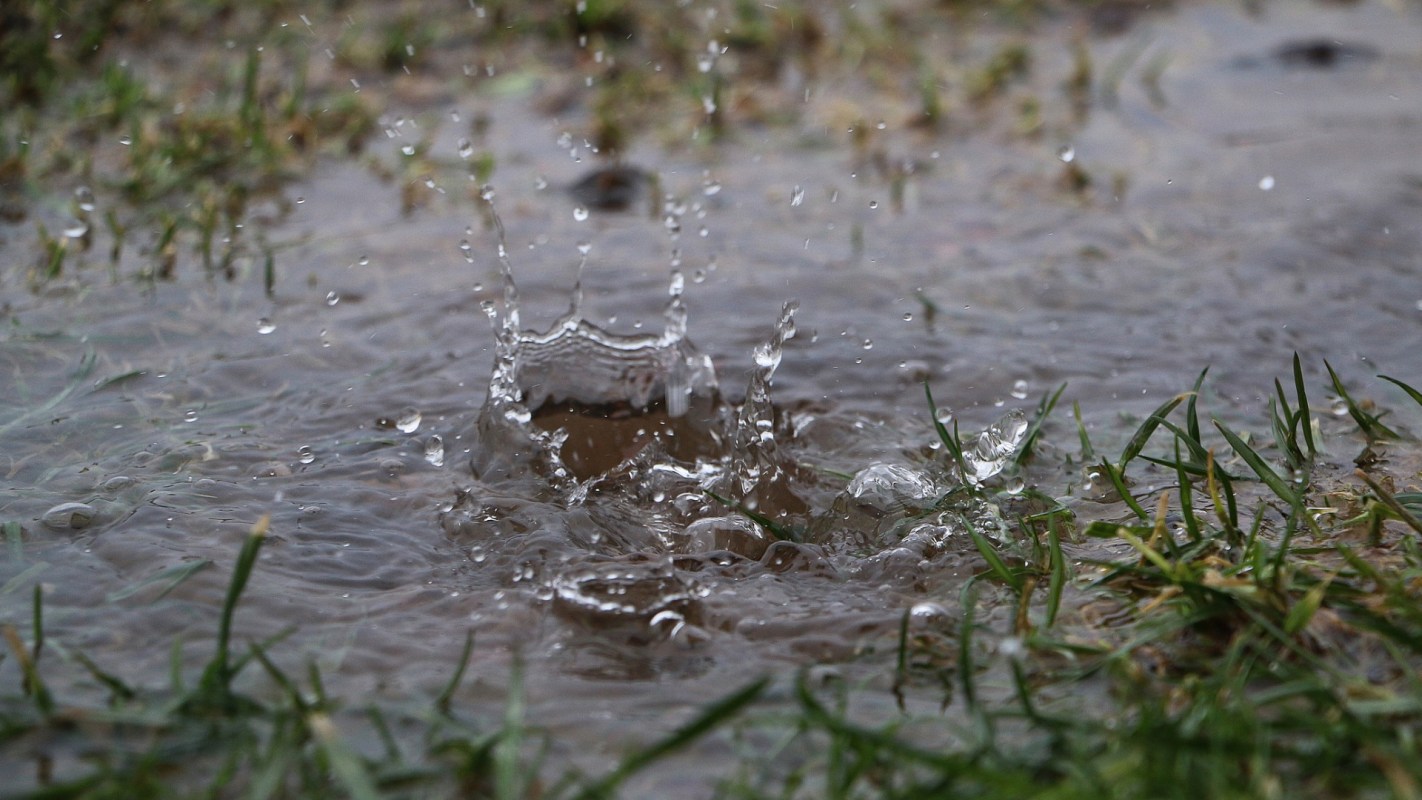As the world gets warmer, flooding is becoming a more serious problem. In this environment, responsible homeowners need to take measures to prevent floods, including creating rain gardens.
What is a rain garden?
According to Michigan State University, a rain garden is landscaping designed to be like a natural environment to capture and absorb rainwater instead of letting it run off. This strategy often involves using native plants.
These plants tend to have deep root systems that let the water work its way into the ground. As the water passes through the soil, the dirt purifies it naturally. At the same time, the roots hold the dirt in place so it can't erode.
Native plants are also adapted to the conditions in your region, allowing you to grow a beautiful garden while using less water and fertilizer, saving you money. Rain gardens help keep local water sources clean while replenishing groundwater — underground sources such as aquifers that feed local wells. They even provide food and shelter for local pollinators.
Why build a rain garden?
Major weather events, like flooding, are becoming more frequent due to shifting weather patterns, and wet areas are going to get even wetter. At the same time, many people are living on flood plains, where ending up underwater is only a matter of time.
Most developed areas are full of non-absorbent surfaces like roads and roofs, which water runs off of, MSU points out. Even lawns tend to have compacted soil that water flows away from instead of sinking into the ground.
When this happens, the water picks up pollutants, including pesticides and fertilizer from lawns and gardens. The runoff then carries these chemicals into nearby water systems, causing pollution that threatens human health and the health of local plants and animals. Runoff also erodes the affected yards.
A rain garden, however, captures water instead of letting it pour away, MSU says. Absorbing rainwater reduces the risk of drainage and flooding problems in your yard, according to MSU.
How can I create a rain garden?
Organizations such as the West Michigan Environmental Action Council (WMEAC) offer resources to help homeowners create gardens that absorb rain and minimize pollution. There are also companies that will help install permeable pavement to make driveways and patios more absorbent.
Beyond your own yard, you can also advocate for sponge cities — urban areas designed to absorb water instead of getting rid of it.
Join our free newsletter for easy tips to save more, waste less, and help yourself while helping the planet.









